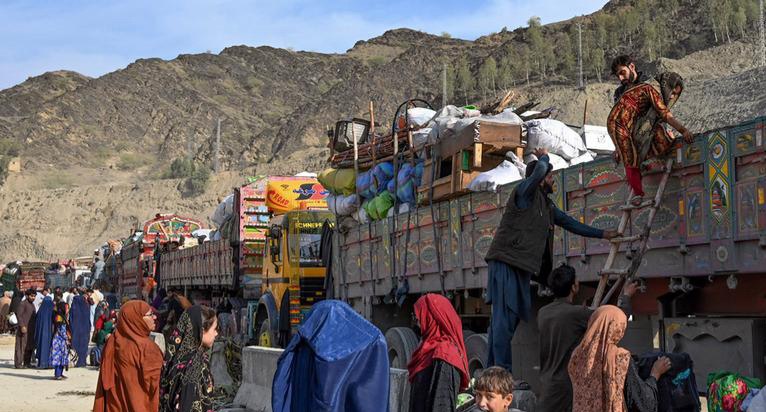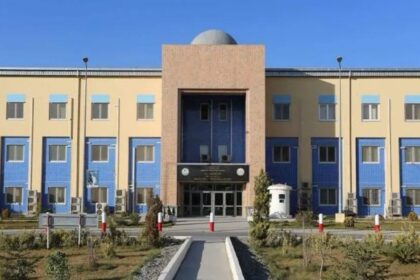RASC News Agency: The recent announcement by the Ministry of Refugees and Returnees of the Taliban group has brought attention to the forced deportation of over 2,000 Afghanistani refugees from Pakistan. The message, which was published on Tuesday, November 28th, on social media platforms, stated that approximately 2,418 Afghanistani immigrants have been deported from Pakistan and sent back to Afghanistan. These individuals were reported to have returned to the country through the Spin Boldak and Torkham border crossings, as confirmed by the Spin Boldak Border Authority of Kandahar Province. This authority reported that 233 families, consisting of 1,338 Afghanistani immigrants, were forcibly deported from Pakistan and returned to Afghanistan.
In addition to this, the Ministry of the Taliban group revealed that some of the deported immigrants have sought assistance from the United Nations High Commissioner for Refugees (UNHCR) and the International Organization for Migration (IOM) after registering with the Immigration Department. It was also mentioned that an orphaned child was among those deported and was introduced to the Movement of Protection Organization (MPO) institution. It is worth noting that this forced deportation process is not limited to Pakistan alone, as more than 2,000 Afghanistani immigrants have also been deported from Iran and returned to Afghanistan on two separate occasions. This ongoing process has seen a significant increase in recent times, with thousands of immigrants being sent back to the country.
Overall, the Ministry of Refugees and Returnees of the Taliban group has made it clear that the forced deportation of Afghanistani immigrants from both Pakistan and Iran is a continuing process. The recent announcement sheds light on the significant number of individuals who have been affected by this policy, with over 2,000 refugees being deported from Pakistan in a single day. The Ministry has also highlighted the efforts made by some of these immigrants to seek assistance from international organizations such as the UNHCR and IOM.






